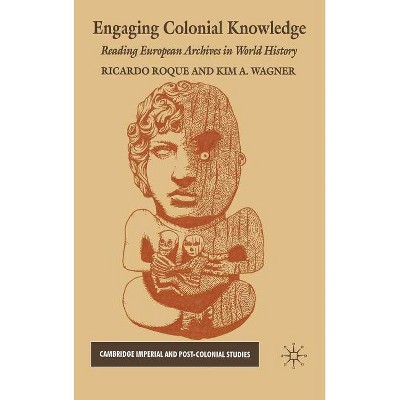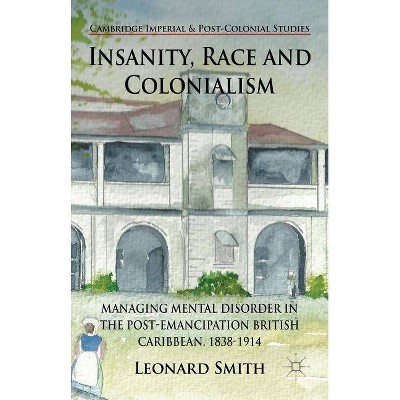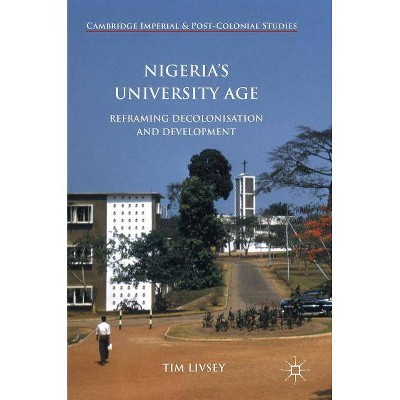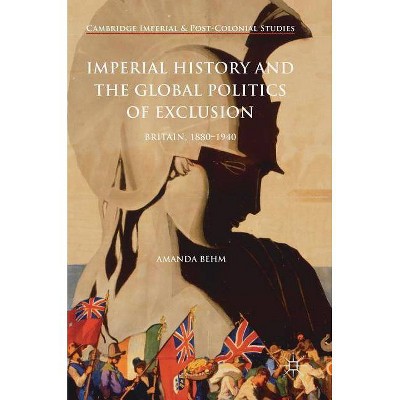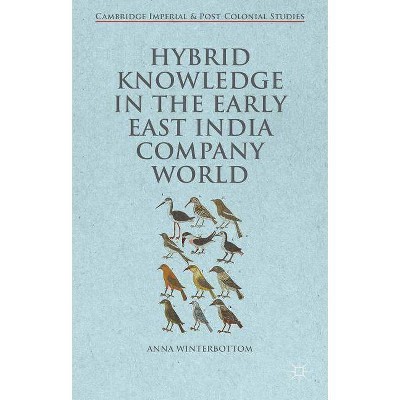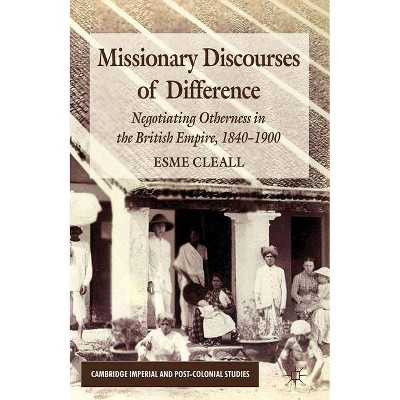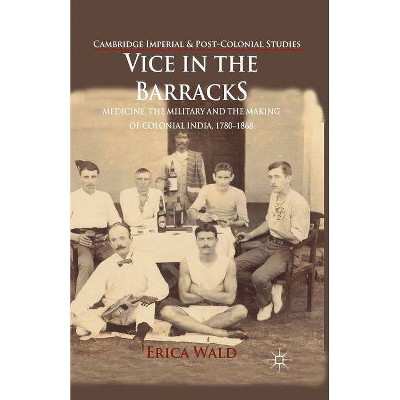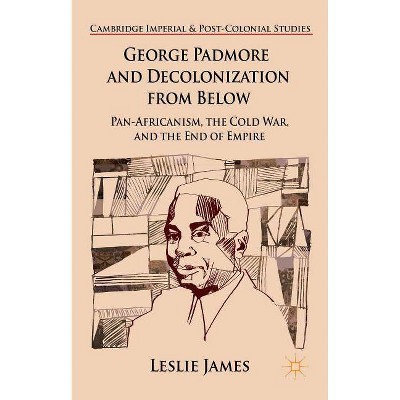The Rule of Law and Emergency in Colonial India - (Cambridge Imperial and Post-Colonial Studies) by Haruki Inagaki (Hardcover)
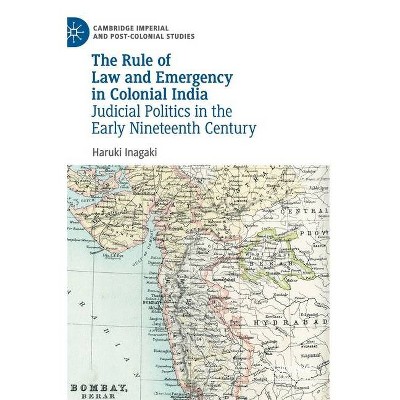
Similar Products
Products of same category from the store
AllProduct info
<p/><br></br><p><b> Book Synopsis </b></p></br></br>1. Law and Emergency: Two Logics of Colonial Governance2. Reform Public and the King's Court in Bombay City3. Summonses, Writs, and Revenue Defaulters in the Mofussil4. Indirect Rule Threatened by Raiders, Princes, and the King's Court5. Habeas Corpus in Times of Emergency: The Bombay Dispute6. Bengal, Madras, and Imperial Debate on Despotism7. Epilogue and Conclusion<br><p/><br></br><p><b> From the Back Cover </b></p></br></br><p>This book takes a closer look at colonial despotism in early nineteenth-century India and argues that it resulted from Indians' 'forum shopping, ' the legal practice which resulted in jurisdictional jockeying between an executive, the East India Company, and a judiciary, the King's Court. Focusing on the collisions that took place in Bombay during the 1820s, the book analyses how Indians of various descriptions--peasants, revenue defaulters, government employees, merchants, chiefs, and princes--used the court to challenge the government (and vice versa) and demonstrates the mechanism through which the lawcourt hindered the government's indirect rule, which relied on local Indian rulers in newly conquered territories. The author concludes that existing political anxiety justified the East India Company's attempt to curtail the power of the court and strengthen their own power to intervene in emergencies through the renewal of the company's charter in 1834. An insightful read for those researching Indian history and judicial politics, this book engages with an understudied period of British rule in India, where the royal courts emerged as sites of conflict between the East India Company and a variety of Indian powers.</p><p><b>Haruki Inagaki</b> is Associate Professor at Aoyama Gakuin University, Japan, having previously studied at King's College London, UK. His research focuses on the history of British colonial rule in India. He is also interested in the comparative history of British and Japanese empires.</p><br><p/><br></br><p><b> About the Author </b></p></br></br><p>Haruki Inagaki is Associate Professor at Aoyama Gakuin University, Japan, having previously studied at King's College London, UK. His research focuses on the history of British colonial rule in India. He is also interested in the comparative history of British and Japanese empires.</p>
Price History
Price Archive shows prices from various stores, lets you see history and find the cheapest. There is no actual sale on the website. For all support, inquiry and suggestion messages communication@pricearchive.us
